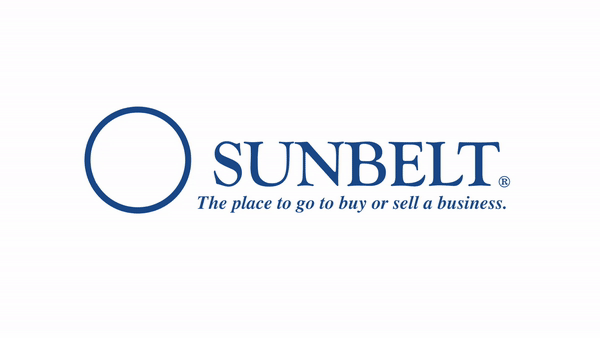
Selling a business can be a complex process, and one of the most critical steps is preparing your financials. Buyers need clear, organized, and accurate financial documents to evaluate your business's value.
Proper preparation can make the sale process smoother and maximize your business's selling price. This guide covers the key steps to preparing your finances for a business sale. It ensures everything is in order before working with a business broker.
Key Financial Documents Buyers Expect
Potential buyers will want to see certain financial documents when selling a business. These documents help them understand the company's financial health and potential for future growth.

Profit & Loss Statement (P&L): Summarizes your revenue and expenses over time. It's a key indicator of your business's profitability; buyers will rely on it to assess your financial performance.
Balance Sheet: A balance sheet summarizes your company's financial standing by listing assets, liabilities, and owner's equity. It gives buyers insight into the company's overall financial health.
Cash Flow Statement: Buyers need to know how well your business handles its cash flow. This statement shows cash flow, helping buyers evaluate the company's ability to cover expenses and invest in growth.
Tax Returns: Buyers typically request at least three years of tax returns to confirm revenue and check for tax issues. Tax returns also build trust by proving your business's compliance with tax regulations.
Bank Statements: Providing recent bank statements helps buyers assess your liquidity and confirms that your financials are accurate and updated.
Having these documents ready will ease the process and build confidence in potential buyers.
Organizing and Normalizing Financial Statements
When preparing your financials for sale, it is important to present a clear picture of your business's actual value. This involves normalizing your financial statements.
Normalizing means adjusting your financials to remove personal or non-operational expenses, such as owner salaries or personal vehicle leases. These adjustments help show the actual profitability of the business, making it more attractive to buyers.
If you've been covering personal expenses through the business, like travel or phone bills, it's essential to separate those costs. This gives buyers a clearer understanding of the business's cash flow and profit margins. This step is crucial because it eliminates confusion and helps buyers make informed decisions.
Financial Projections: Demonstrating Future Value
While past financials show how well your business has performed, financial projections give potential buyers a glimpse into future earnings. These projections are based on historical data and consider market trends, customer growth, and upcoming investments.
Creating realistic financial projections helps buyers see the business's potential for future growth. Even though forecasts are not guaranteed, they may impact the buyer's offer on your business.
Handling Cash-Based or Inaccurate Financials

If your business handles many cash transactions or has inaccurate records, fixing these issues before selling is crucial. Cash-based companies often need to fill in their records, making it difficult for buyers to assess the actual value. Work with a business broker or accountant to clean up your financials and record everything accurately.
This might involve gathering receipts, invoices, and bank deposits to support your revenue claims. The more transparent and accurate your financials are, the more confident a buyer will be about making an offer.
Preparing for Financial Due Diligence
Buyers will carefully review your financials to assess accuracy during the due diligence process. Backup documentation supports your financial statements, including receipts, invoices, and contracts.
Organizing your records into a clear, accessible format will make the due diligence process smoother. It can speed up the sale process, and buyers will appreciate the transparency. Hiring a business broker or accountant for due diligence is an intelligent investment to ensure everything is noticed.
Get Your Financials in Shape for a Successful Sale!
Selling your business is a significant step, and preparing your financials is key to getting the best offer. Organizing your financials, normalizing statements, and collaborating with a business broker can make your business more appealing to buyers. Ready to start preparing your financials for sale? Contact Sunbelt Texas today, and let our experts guide you through selling your business smoothly and successfully.
FAQs
How long does it take to prepare financials for selling a business?
Preparing financials varies depending on the complexity of your business and the state of your records. It may take a few weeks for a well-organized business, but for others, especially those with messy records, it could take months. It's best to start early.
Should I hire a business broker to help with the sale?
Yes, a business broker can help streamline the sales process. They have expertise in valuing businesses, marketing them to buyers, and negotiating the best deals. A broker can also guide you in preparing your financials and other necessary documentation.
How can I improve my financials before selling my business?
Improving your financials involves normalizing expenses, cutting unnecessary costs, and increasing profitability. Pay off any outstanding debts and fix discrepancies in your financial records to make the business more appealing to buyers.
